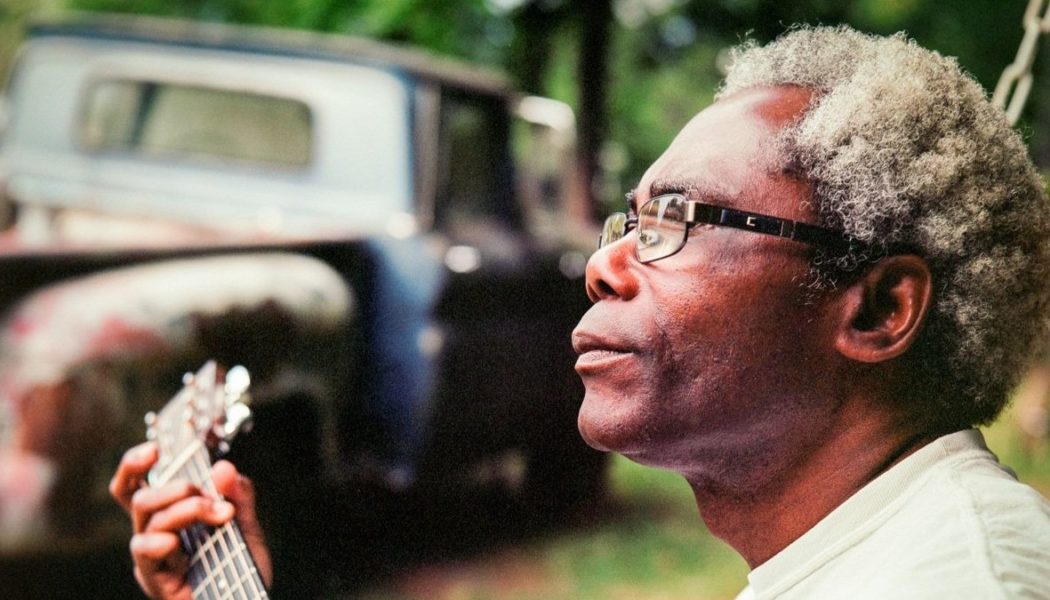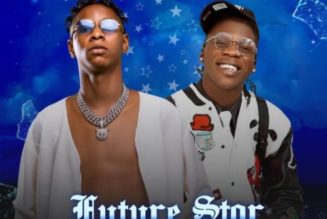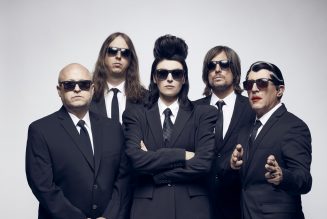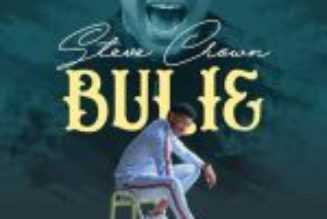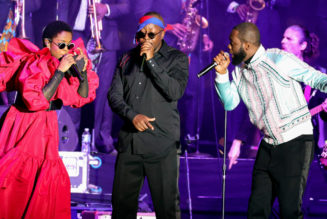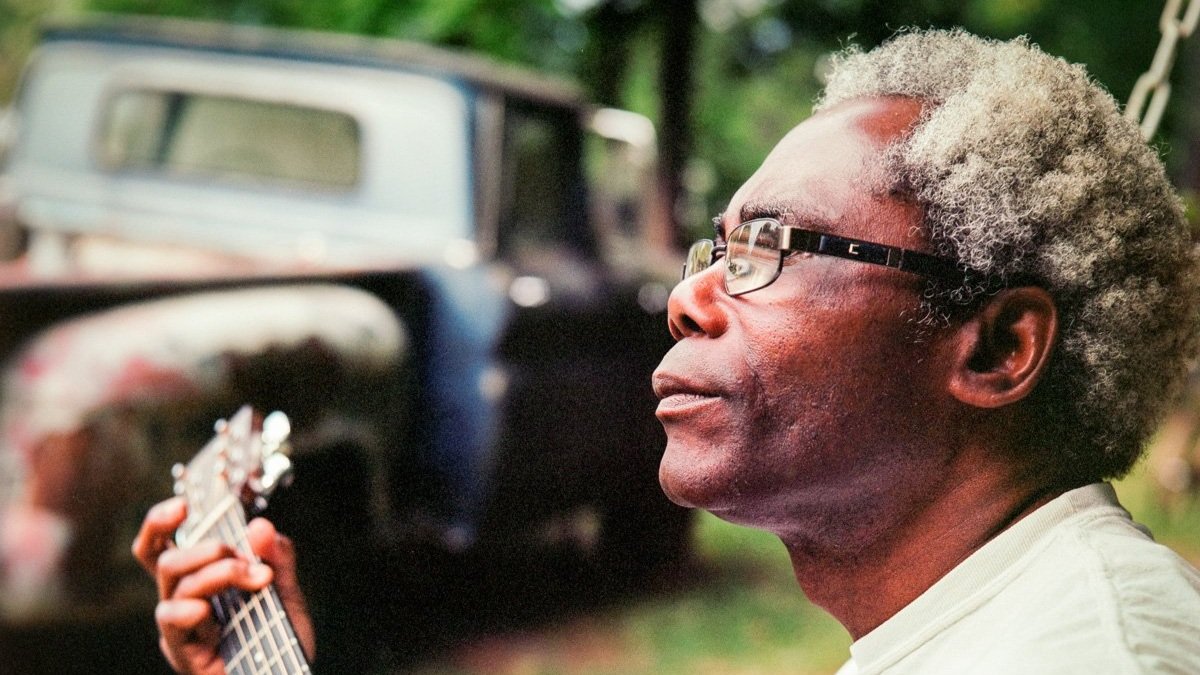
Unlike other producers One had tried to work with in Nashville, Ross-Spang wanted to serve One’s vision, so much so that he made him a co-producer after he saw how One directed the band and background singers, an impressive cast including Allison Russell, Wilco’s Pat Sansone, Uncle Tupelo drummer Ken Coomer, and pedal steel pro Paul Niehaus — not lightweights by any means.
The album they created, Come Back to Me, doesn’t sound like a reprise of Our Garden (although its essence lingers, especially in the moments where Sah Bi joins his old friend). How could it? In the nearly 38 years since then, One has rebuilt his life several times over. Not a young man emulating Paul Simon’s soaring runs, he’s firmly settled into himself and secure to sing with all of wisdom’s hard-earned patina and power. “I love my voice now,” says One. “It’s firmer to me. It’s more, I would say, down to earth.” Instead of an indirect influence across an ocean, the Nashville Sound is the daily soundtrack of One’s adopted hometown, and it resonates in his songs with a realness reflective of his life’s arc.
“The musicians are from Nashville. The banjo and guitars sound like Nashville. The string pedal, it’s not the same as what we used in 1985. It’s real pedal steel,” One says elatedly.
And while Our Garden’s message felt petitionary for the future’s great unknowns, One now unearths his lyrics from a deep-rooted perspective, still written in a mix of English, French, and Gouro. The ebullient “Cherie Vico” chronicles a reunion story inspired by a cousin; “Sweet Rainbow” unfurls a chromatic admiration of a longtime layered love; and “Birds Go Die Out of Sight” eulogizes a friend killed after a homesickness-fueled return to the Ivory Coast — singer Allison Russell echoes his heartbreaking chant “Don’t go home.” In the background, chairs occasionally squeak and feet shuffle — the gravity-giving atmosphere One conjures.
A close friend of Ross-Spang’s also heard One’s music: Jason Isbell. The current king of Americana became so much of a fan, he invited One to open for him at Ryman Auditorium this past October. When he got the ask, One wasn’t aware of Isbell, so he looked him up on YouTube. “When I found out, I said, ‘Wow, I’m opening for this guy?’ I thought, I’m lucky, because I loved his music. He has great audiences. He’s a big, big star.” After a small run of shows with Isbell, One made another milestone: his debut at the Grand Ole Opry. With his halo of gray hair tucked under a black fedora, he sang for a packed house.
“When I first came to Nashville, I had no ideas of which venues to play whatsoever,” he says. “So when I had the opportunity to play in places like the Ryman, the Grand Ole Opry, it’s like the puzzle pieces of my dream are being put together.”
Since Shimkovitz started ATFA, African music, past and present, has experienced a renaissance. Today, it’s near commonplace to hear Saharan blues, Ethiopian jazz, or Zam Rock at the coffee shop or cocktail bar. But despite the revived popularity, which came hand-in-hand with streaming’s accessibility, Shimkovitz knows One’s story unfolded against all odds.
“It’s just been such a thrill to see Peter experience a whole new level of success with his songwriting on a solo level,” Shimkovitz says. “It’s great to see artists who have immigrated to the States who actually are able to swim with the fish here. The industry is extremely difficult to break into, which I know sounds like a really obvious thing to say, but the American system is completely bootstraps-oriented. His new record sounds really good.”
Like Our Garden, I found Come Back to Me in New Orleans, now the city I’m lucky to call home, but at a very different time in my life — particularly after a year that hasn’t been easy. In my living room with that same record player, I listened to the chorus of “On My Own.”
On my own
I came a long, long way
And you came along in my heart
It will take time to go through my pain
It will take time for me to love again
It’ll take time for me to trust again
One’s life couldn’t be more different from mine, but even though we don’t share the same geography or challenges or age, the hope he shares in that song was exactly what I needed to hear. That wisdom he’s earned from his unfathomable journey is a gift for everyone.
I asked One if he thought the name of his album felt like another way of saying alesso.
“A little bit, yeah” he said. “I think Come Back to Me is a way of saying that all the good things I experienced in the past, I want them to come back in a stronger way, in a better way, and keep me moving forward.”
Leave the door open. You never know who will come through or what waits on the other side.
